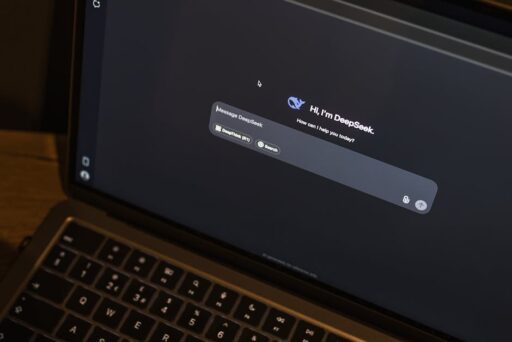Understanding the Impact of Deepfake Videos in Modern Politics
In recent years, deepfake technology has increasingly become a tool in political arenas, raising concerns about its potential to distort public perception and undermine election integrity. These AI-generated videos manipulate the appearance and voice of individuals, often leading to misinformation and confusion among the public.
One recent instance involved a deepfake video targeting a prominent political leader, which was used to misrepresent their stance on significant legislative issues. The video circulated on social media platforms, sparking debates about the ethical implications of using such technology in political discourse.
Social media platforms have established policies to manage such content, prohibiting manipulative media likely to cause harm by misleading the public. Despite these measures, enforcement remains inconsistent, leading to ongoing discussions about the responsibility of these platforms in curbing misinformation.
Legal frameworks across various states have been implemented to address the challenges posed by deepfakes, particularly in the context of elections. Several states have enacted laws against deepfakes intended to deceive voters or influence election outcomes, although these laws often require clear disclosures to be effective.
The rise of deepfakes highlights the need for increased media literacy among the public and more stringent regulations to safeguard democratic processes. As technology advances, so must our strategies to combat its misuse, ensuring that truth and transparency remain at the forefront of political communication.






